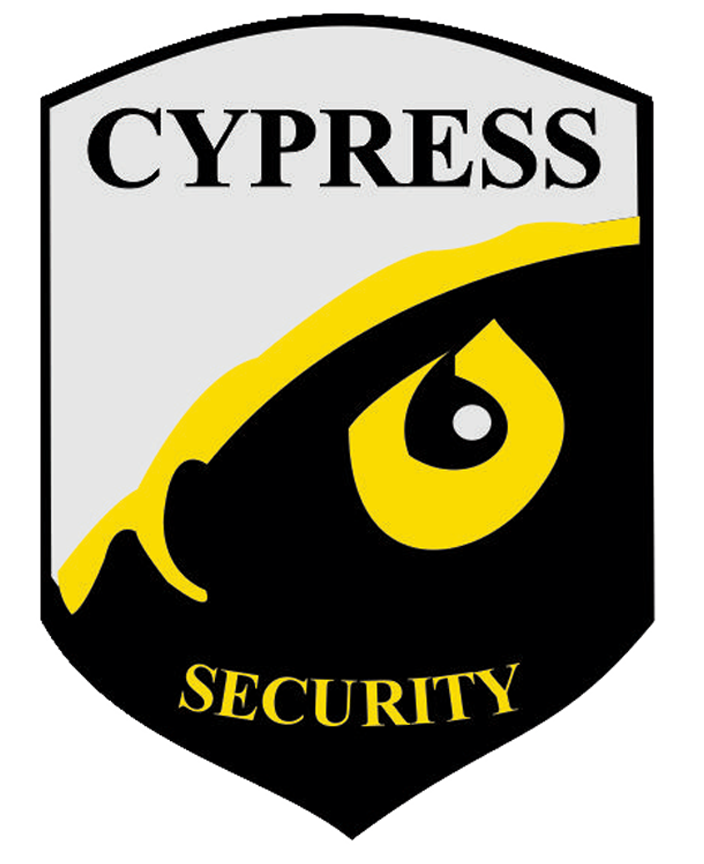Rachel AielloOttawa News Bureau Online Producer
@rachaiello Contact
Published Monday, January 13, 2020 2:54PM ESTLast Updated Tuesday, January 14, 2020 8:27AM EST
OTTAWA -- Prime Minister Justin Trudeau's office says that "there are still many discussions to be had" about who will be covering the costs of security for the Duke and Duchess of Sussex during their time spent in Canada.
On Monday the Queen issued a statement confirming that Prince Harry and Meghan will spend time in both Canada and the U.K. during a “period of transition” towards them taking a step back from the Royal Family.
This raises the question of who will pick up the tab for keeping the couple safe. Currently, the security costs for the Royal Family are covered by British taxpayers. The RCMP has in the past provided security for royal tours through Canada.
In a statement to CTV News, PMO spokesperson Ann-Clara Vaillancourt said that "there remain a number of decisions to be taken by the Royal Family and the Sussexes themselves. We are of course supportive of their reflections but have responsibilities in this as well. There are still many discussions to be had."
When initially asked on Monday, the Prime Minister’s Office told CTV News that it “has no comment on this.” During a press conference on another matter, Finance Minister Bill Morneau said that the government hasn’t spent “any time thinking about this issue.”
“We obviously are always looking to make sure that as a member of the Commonwealth, that we play a role. We have not had any discussions on that subject at this time,” Morneau said.
In an interview on CTV Power Play, former Conservative heritage minister James Moore said that the security for these royal visits can cost millions of dollars, depending on the nature of the agenda, protocols, and security required.
He said in his experience the negotiations around security happen mainly between the RCMP and Buckingham Palace, but the Department of Canadian Heritage and the Governor General’s office are also in the loop on certain aspects.
“There are a lot of unanswered questions here, and I think for the Government of Canada, the representatives of taxpayers, I think the default instinct for most people right now would be if you're stepping away from your royal duties, then we're stepping away from our obligations of taxpayers to subsidize the Royal Family,” Moore said.
“So while it would be nice to have this couple here in Canada, and we want to maintain of course our ties to the Palace… I think we need to have a clear understanding of where they're actually going to be, what the security nature would look like, and what the threats look like,” he said, noting that different parts of the country would have different requirements and local police capabilities depending on where the Sussexes settle down.
Moore said that there are a lot of factors that could change the cost and scope of security needed, and who would be responsible for picking up the tab, but if Canadians are being asked to foot a sizeable bill, it should be discussed publicly.
The Sussexes spent their Christmas holiday in Canada before breaking the news that they wanted to become financially independent and divide their time between Britain and North America.
At the time Trudeau wished the family a “quiet and blessed stay in Canada,” and said they were “always welcome here.”
The royal couple’s decision to call Canada home in part, will likely have consequences beyond security for the federal government, as CTV’s royal commentator Richard Berthelsen has noted.
“What their role would be here in this country, how they would interact with the Queen’s representatives, whether they would take engagements here… There’s all sorts of issues like this on the line,” he said in an interview on CTV News Channel on Monday.
CTV News has reached out to the RCMP for comment.
With files from CTV News' Jonathan Forani



